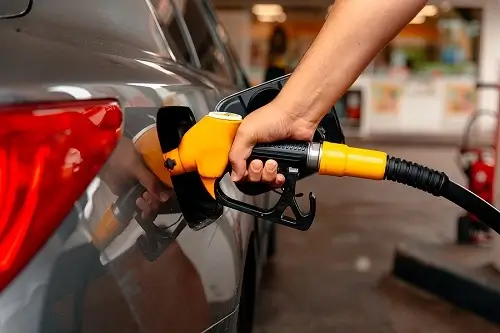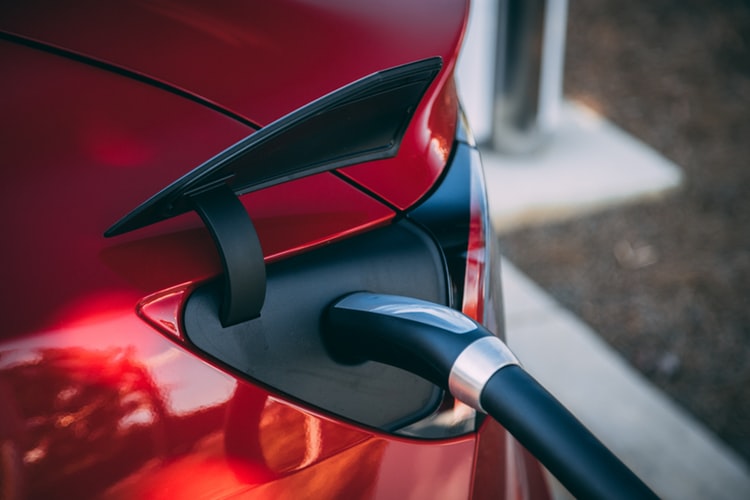Supercharge Fuel Efficiency Strategies In an era of environmental consciousness and fluctuating fuel prices, enhancing Supercharge Fuel Efficiency Strategies has become an imperative pursuit for conscientious drivers. Whether you’re looking to reduce your carbon footprint or save money at the pump, the quest for maximizing Supercharge Fuel Efficiency Strategies and Supercharge Fuel Efficiency Strategies is universal. This comprehensive guide aims to unravel the intricacies of fuel efficiency, providing you with a wealth of knowledge and actionable steps to help you Supercharge Fuel Efficiency Strategies.
Introduction
Achieving superior fuel efficiency isn’t just about reducing your fuel consumption; it’s a multifaceted endeavor that encompasses vehicle maintenance, driving habits, and smart choices. We will delve deep into these aspects and explore innovative strategies that will help you become a fuel efficiency champion.
Understanding the Basics
Before we embark on our journey to supercharge fuel efficiency, let’s establish a fundamental understanding of the key components involved:
1. Engine Efficiency
The heart of your vehicle’s fuel consumption lies in its engine. Modern engines are marvels of engineering, but their efficiency can be enhanced through careful maintenance and driving practices.
2. Aerodynamics
The design and shape of your vehicle play a crucial role in determining how efficiently it moves through the air. Reducing aerodynamic drag is paramount in fuel efficiency improvement.
3. Rolling Resistance
Your tires’ condition and type can significantly affect fuel efficiency. Reducing Rolling Resistance can lead to substantial fuel savings.
4. Weight Management
Every additional pound your vehicle carries translates into higher fuel consumption. Lightening the load can be a straightforward method to enhance fuel efficiency.
Fuel Efficiency Enhancement
Let’s delve deeper into the strategies and techniques that can supercharge your fuel efficiency.
1. Regular Maintenance
Maintaining your vehicle is the cornerstone of optimal fuel efficiency. This includes:
- Regular Oil Changes: Proper lubrication reduces friction within the engine.
- Air Filter Replacement: A clean air filter ensures efficient air intake.
- Tire Maintenance: Proper tire inflation and alignment decrease rolling resistance.
2. Eco-Friendly Tires
Investing in low-rolling-resistance tires is an effective means to Improve Gas Mileage. These tires are designed to minimize friction with the road, reducing the effort required to move your vehicle forward.
3. Smart Driving Habits
Your driving habits can significantly impact fuel efficiency. Consider these tips:
- Smooth Acceleration and Deceleration: Avoid aggressive driving and sudden stops.
- Cruise Control: On highways, using cruise control can help maintain a consistent speed and reduce fuel consumption.
- Proper Gear Selection: Shift gears at the right RPM range to optimize fuel efficiency.
4. Reduce Idle Time
Idling your vehicle consumes fuel needlessly. Turn off your engine if you expect to be stationary for more than a minute. Modern vehicles are designed to use less fuel when restarting than when idling.
5. Optimal Speed
Aerodynamic drag increases exponentially at higher speeds. Driving at a moderate speed can significantly enhance fuel efficiency. For most vehicles, the sweet spot is between 45 to 65 miles per hour.
6. Plan Your Trips
Consolidate your errands and plan your routes to minimize unnecessary driving. This will not only save fuel but also time.
7. Avoid Excessive Weight
Removing excess weight from your vehicle can make a noticeable difference in fuel efficiency. Empty your trunk of unnecessary items and remove roof racks when not in use.
Advanced Techniques
For those seeking to take fuel efficiency to the next level, consider these advanced strategies:
1. Hybrid and Electric Vehicles
Hybrid and electric vehicles are designed with fuel efficiency in mind. They utilize a combination of traditional engines and electric power to maximize mileage.
2. Aerodynamic Modifications
For the more adventurous and technically inclined, aerodynamic modifications such as adding underbody panels or modifying your vehicle’s design can lead to significant fuel savings.
3. Fuel Additives
Some fuel additives claim to improve fuel efficiency. While their effectiveness can vary, they may be worth exploring, but research and reviews are crucial before use.
4. Tire Technology
Continual advancements in tire technology are focused on increasing fuel efficiency. Consider consulting with a tire specialist for the latest options.
Fuel Efficiency Enhancement – A Holistic Approach
It’s essential to understand that Fuel Efficiency Enhancement isn’t a one-size-fits-all endeavor. To truly supercharge your fuel efficiency, it’s a culmination of several factors and strategies, along with the right mindset. This holistic approach not only benefits your wallet but also our environment.
Understanding the Basics
Before we embark on our journey to supercharge fuel efficiency, let’s establish a fundamental understanding of the key components involved:
1. Engine Efficiency
The heart of your vehicle’s fuel consumption lies in its engine. Modern engines are marvels of engineering, but their efficiency can be enhanced through careful maintenance and driving practices.
2. Aerodynamics
The design and shape of your vehicle play a crucial role in determining how efficiently it moves through the air. Reducing aerodynamic drag is paramount in fuel efficiency improvement.
3. Rolling Resistance
Your tires’ condition and type can significantly affect fuel efficiency. Reducing Rolling Resistance can lead to substantial fuel savings.
4. Weight Management
Every additional pound your vehicle carries translates into higher fuel consumption. Lightening the load can be a straightforward method to enhance fuel efficiency.
Fuel Efficiency Enhancement
Let’s delve deeper into the strategies and techniques that can supercharge your fuel efficiency.
1. Regular Maintenance
Maintaining your vehicle is the cornerstone of optimal fuel efficiency. This includes:
- Regular Oil Changes: Proper lubrication reduces friction within the engine.
- Air Filter Replacement: A clean air filter ensures efficient air intake.
- Tire Maintenance: Proper tire inflation and alignment decrease rolling resistance.
2. Eco-Friendly Tires
Investing in low-rolling-resistance tires is an effective means to Improve Gas Mileage. These tires are designed to minimize friction with the road, reducing the effort required to move your vehicle forward.
3. Smart Driving Habits
Your driving habits can significantly impact fuel efficiency. Consider these tips:
- Smooth Acceleration and Deceleration: Avoid aggressive driving and sudden stops.
- Cruise Control: On highways, using cruise control can help maintain a consistent speed and reduce fuel consumption.
- Proper Gear Selection: Shift gears at the right RPM range to optimize fuel efficiency.
4. Reduce Idle Time
Idling your vehicle consumes fuel needlessly. Turn off your engine if you expect to be stationary for more than a minute. Modern vehicles are designed to use less fuel when restarting than when idling.
5. Optimal Speed
Aerodynamic drag increases exponentially at higher speeds. Driving at a moderate speed can significantly enhance fuel efficiency. For most vehicles, the sweet spot is between 45 to 65 miles per hour.
6. Plan Your Trips
Consolidate your errands and plan your routes to minimize unnecessary driving. This will not only save fuel but also time.
7. Avoid Excessive Weight
Removing excess weight from your vehicle can make a noticeable difference in fuel efficiency. Empty your trunk of unnecessary items and remove roof racks when not in use
Conclusion : Supercharge Fuel Efficiency Strategies
In the pursuit of maximizing fuel efficiency, you embark on a journey towards sustainable driving and economical choices. From embracing Efficient Car Driving Tips to exploring cutting-edge Fuel-Saving Techniques, the power to Supercharge Fuel Efficiency Strategies lies in your hands. By incorporating the strategies outlined in this guide, you can reduce your carbon footprint, save money, and become a fuel efficiency champion. So, gear up and drive towards a more efficient and responsible future.






